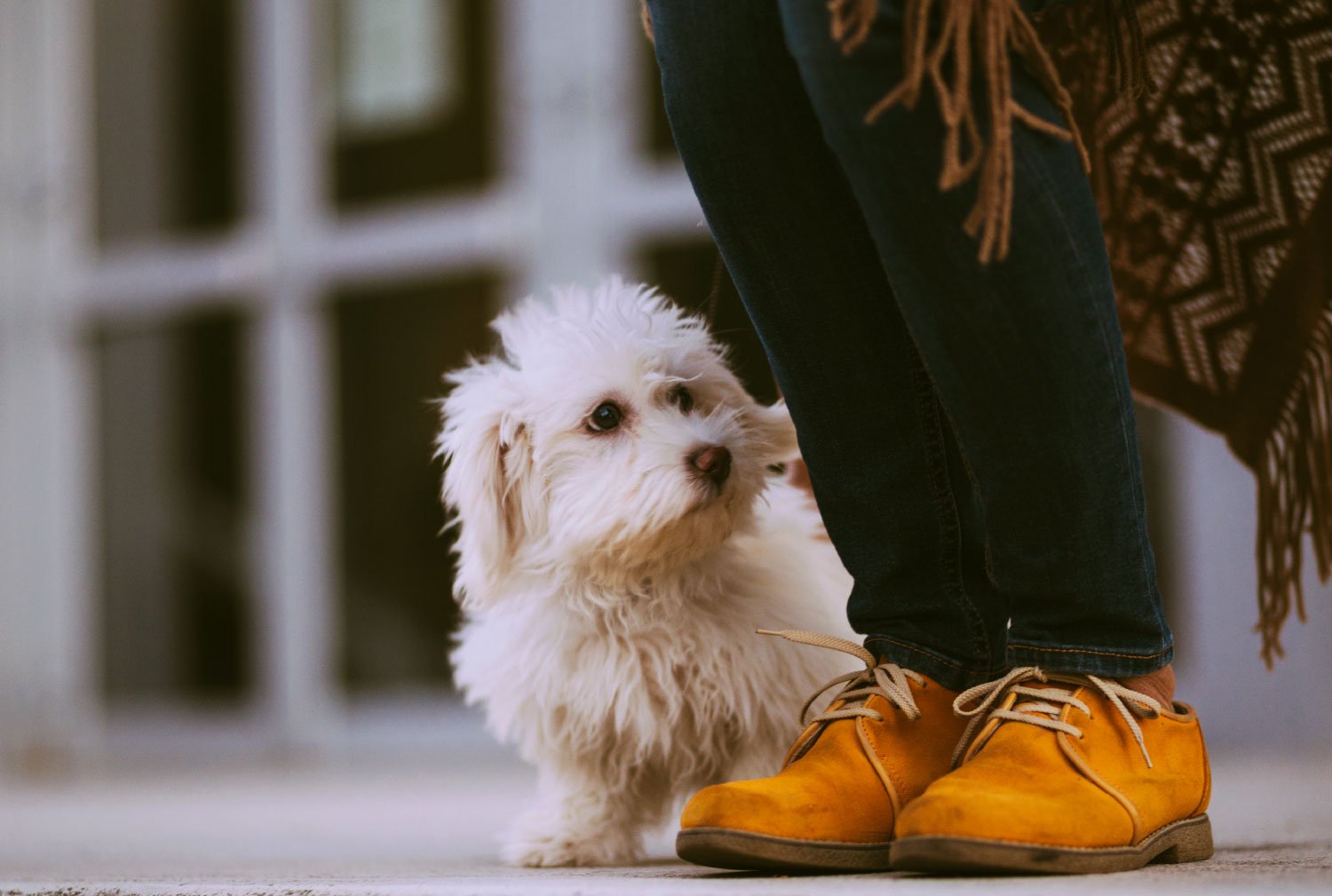THINGS WE DO

EYE CONDITIONS IN PETS
At Evervet, we are a caring, empathetic, and family-run veterinary group dedicated to providing the best possible care for your pet. Our team is well-versed in handling eye conditons in cats and dogs, and we strive to ensure their well-being and comfort throughout their treatment journey.

Eye Conditions in Pets
A pet eye problem refers to any abnormal condition or issue affecting the eyes. These problems can vary in severity, ranging from mild irritation to more serious conditions that could lead to vision loss if not properly addressed. Pet eye problems encompass a wide range of issues, including infections, inflammations, injuries, allergies, genetic conditions, and more.
Some breeds of dogs and cats are more prone to certain inherited eye conditions due to their genetics, so regular eye check-ups and proactive care, are essential to maintaining your pet's ocular health. If you suspect your pet has an eye problem, it's recommended to consult a veterinarian who can diagnose the issue and recommend appropriate treatment and preventive measures, ensuring the best pet eye care.
Our veterinarians are well-equipped to diagnose and treat various eye conditions, including those related to allergies, trauma, infections, dry eye, conjunctivitis, cataracts, glaucoma, entropion, corneal ulcers, eyelid lumps, and genetic conditions, providing comprehensive pet eye care.

Symptoms of Eye Conditons
Pets can't directly communicate their discomfort, but there are signs you can look for that may indicate an eye issue:
Excessive Tearing: Sometimes, a little bit of moisture is normal, but excessive tearing might signal a problem.
Discharge: Keep an eye out for any unusual discharge, as it could indicate infection or irritation.
Redness and Swelling: Red or swollen eyes could be a sign of inflammation or allergies.
Squinting and Blinking: Frequent squinting or blinking may suggest discomfort or pain.
Cloudiness: If your pet's eyes appear cloudy or hazy, it could be due to cataracts or other conditions.
Visible Third Eyelid: If you notice a prominent third eyelid, it might indicate issues like "cherry eye" or infection.
Good Gunk vs Bad Gunk
It's essential to differentiate between normal and problematic eye discharge. A small amount of clear or slightly cloudy discharge can be normal. However, if the discharge becomes thick, yellow, green, or bloody, or if it's accompanied by other symptoms like redness or squinting, it's a sign of an underlying issue and warrants a visit to our vets, who are experts in pet eye problems.

Testing, Treatment, and Prevention
Accurate diagnosis is vital, and our skilled team employs advanced testing methods to identify the root cause of your pet's eye problem. Treatment options are tailored to your pet's needs, ensuring they receive the best care. To prevent eye issues, regular check-ups, maintaining cleanliness, safety measures, a balanced diet, and considering genetic screening for susceptible breeds are all essential steps in ensuring effective eyecare and the overall well-being of your pets.
Causes of Eye Conditions in Pets
Numerous factors can contribute to eye problems in pets, including:
Allergies: Just like humans, pets can experience allergies that lead to itchy, watery, and red eyes.
Trauma: Accidents or injuries can cause eye damage, leading to discomfort and other issues.
Infections: Bacterial, viral, or fungal infections can cause eye problems and require prompt attention, especially for cat eye infections and dog eye problems.
Dry Eye: Insufficient tear production can lead to discomfort, redness, and potential infections.
Conjunctivitis: Known as “pink eye”, this inflammation can cause redness, discharge, and discomfort.
Cherry Eye: A condition where a gland in the third eyelid becomes visible and swollen.
Cataracts: The clouding of the lens, often leading to impaired vision.
Glaucoma: Increased pressure within the eye that can damage the optic nerve.
Entropion: A condition where the eyelids roll inward, causing irritation.
Corneal Ulcers: Open sores on the cornea, often caused by trauma or infection.
Eyelid Lump: Swellings or growths on the eyelids that can be benign or malignant.
Genetic Conditions: Certain breeds are more prone to specific inherited eye problems, emphasising the importance of problems with eyes.
MORE OF
WHAT WE DO

Be forever







